BMS & Balancer board works almost the sam way, but they are quite different, both can be used for simple or complex projects, so which one suits your project better ?!
1st thing, what ” Balancer feature” actually means ?, it’s blancing every single cell in your battery pack to be at the same voltage ( this is SUPER important ) . Just imagine that you got 3S Li-ION battery pack , after fully charge balancer will ensure that every single cell has exactly the same voltage, like: 1st Cell 4.2V / 2nd 4.2V / 3rd 4.2V . Without balancer after couple charging cycles you can expect that cells could have huge voltage difference like 3.8V / 4.1V / 4.5V , so cell 4.5V is already overcharged and permanently damaged, also cell with lower voltage like in this case ,3.8V has lower discharge power so voltage sag will be huge ( Li-Ion cells discharge current is lower when voltage is lower, so cell at 4,5 can drops to 4V with current output 10A , while cell 3.8V can drops under 3V with current output under 7A ). As you can see balancer is super important, thanks to it you can get , best possible life span of your battery pack and highest possible discharge power.
BMS is Battery management system , it’s like fully featured brain of the battery, High quality BMS will fully care about battery pack:
?Regular BMS Ali s.click.aliexpress.com/e/_A1s4O3 / Smart BMS Ali bit.ly/DalyBmsAli / BG bit.ly/DalyBmsBG ?
It will prevent form overcharging and deep discharging ( if charging voltage will be too high, BMS will stop charging process. If voltage will drops too much, power output will be turned off ).
If output/input amprage will be too high then power input/output will be turned off to prevent battery damage.
If there will be short circuit , BMS will be turn off power output to prevent battery damage.
If BMS has temperature probe and battery pack will reach high temperature then power input/output will be turned off to prevent battery damage.
Advanced smart BMS have unique features, like max power input/output can be set (very useful for various projects ) also end cell voltage point can be set. If you would like seriously extend life span of Li-Ion cells then set min. voltage to 3.3V and max voltage to 4.05V , you will lose actually only ~15% of overall capacity, compared to fully charged Li-Ion cell ( 2.5V-4.2V ) but the most important, life span will be 2-3 times greater.
1st con , You have to buy BMS for specific voltage, like for 10s battery pack you need 36V BMS ( min 25V / max 42V ) . Ofcourse you can buy BMS which will work with various packs like 2s-30S BUT it’s crazy big , heavy and expensive .
You have to buy BMS for specific current , if BMS will be not able to handle amperag then can overheat and damage battery pack or will constantly turn off power output.
Balancing process usually is super slow , current can be only 10<>70ma
BMS is way bigger than balancing board and can be really heavy, especially when you need high current one.
HQ BMS can be quite expensive , from 30$ to over 1000$ . Price depends on 4 factors ( Quality / Voltage / Current / Features )
Balancing Board can only balance cells, so it’s like Zombie without Brain xD
? Ali HQ s.click.aliexpress.com/e/_9Gf8CP / Advanced Board High current 2-24S BG bit.ly/BboardBG24s ?
HQ Balancer board can balance cells with high current 500-3000ma ( perfect for High Capacity packs )
Tiny/slim size and low weight , perfect for projects where is lack of space, also balancer board can be installed outside which is not bad idea cuz we can check easier what is capacity of cells in series ( it can determine health status of battery pack )
Balancing board can’t prevent form overcharging or deep discharging, it’s recommed for users which can set end voltage in controller ( should turn off if voltage will be too low ) or in charger ( buy for specific voltage like for 10s you need 42v and it will not charge over this value cuz this is max voltage output )
No short circuit safety, I recommend to add FUSE which can handle choosed current and/or hardware switch for safety reason.
No overheating protection
As you can tell Balancing Boards are for Adavanced users cuz are more problematic but a lot weight and space can be saved, while BMS is more like Install and Forget. In my Case I will use both, for my M365 2wd 4KW with installed 12s 5p 21700 battery pack built in to deck I will use Balancer board ( lack of sapce ), the same for super light powerful Ebike ( low weight ) BUT for Edirtbike I will use BiG and poweful BMS ( safety reson )
??? BMS Smart BMS Ali bit.ly/DalyBmsAli / BG bit.ly/DalyBmsBG
Balancing Board: Ali HQ s.click.aliexpress.com/e/_9Gf8CP / Advanced Board High current 2-24S BG bit.ly/BboardBG24s ???
So which one will you choose ?! Share your thoughts it in comment section ??

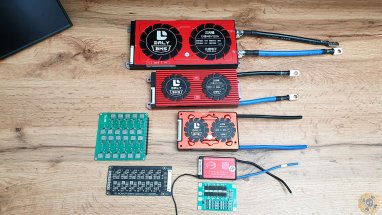
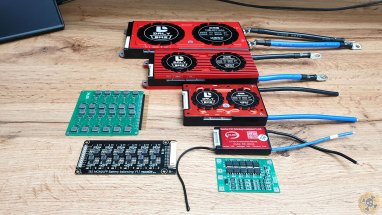
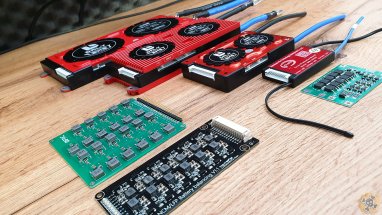
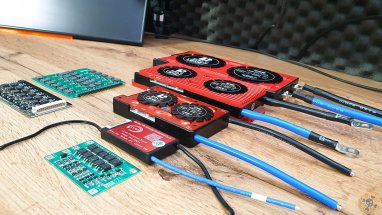
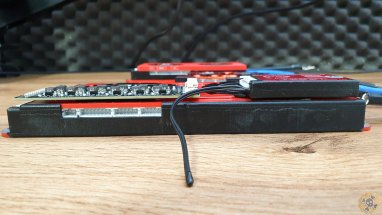
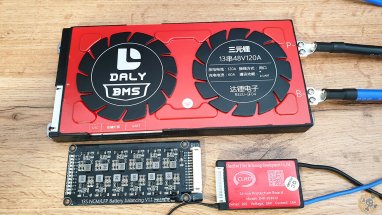
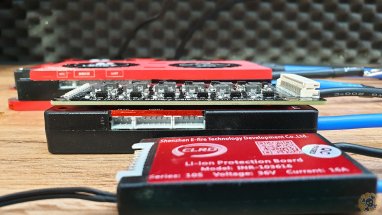
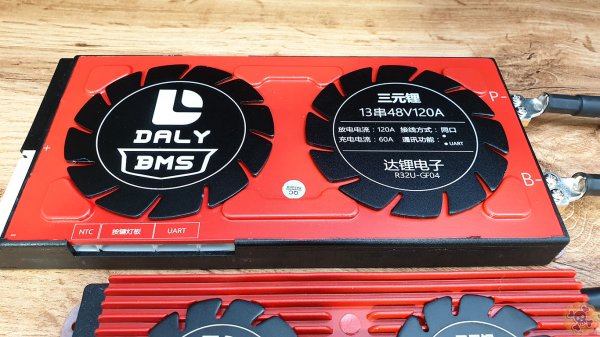
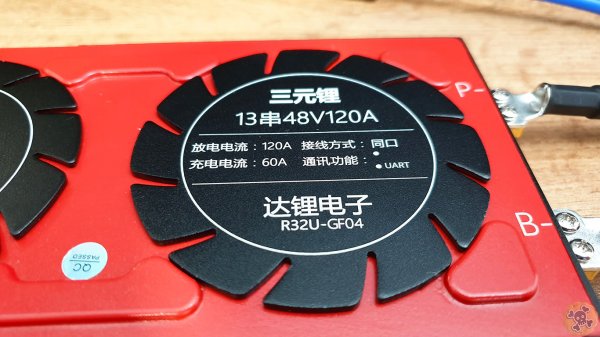
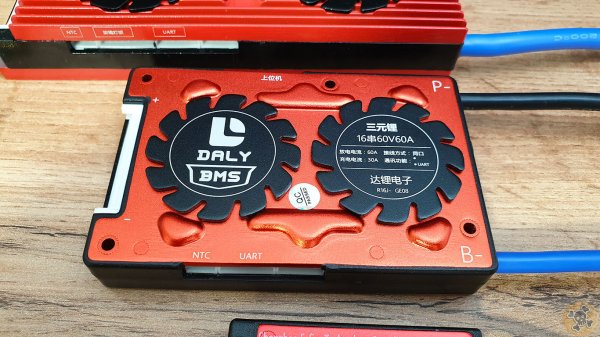
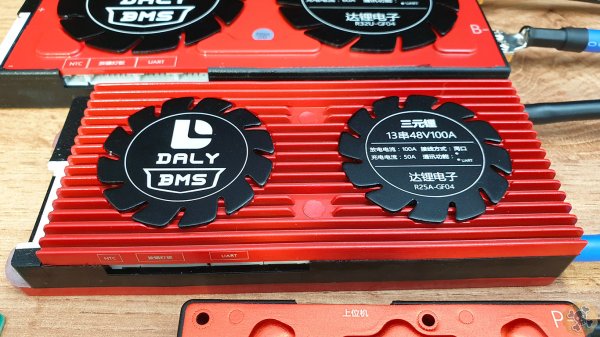
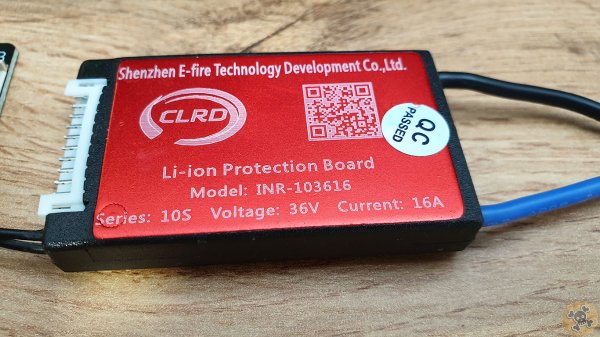
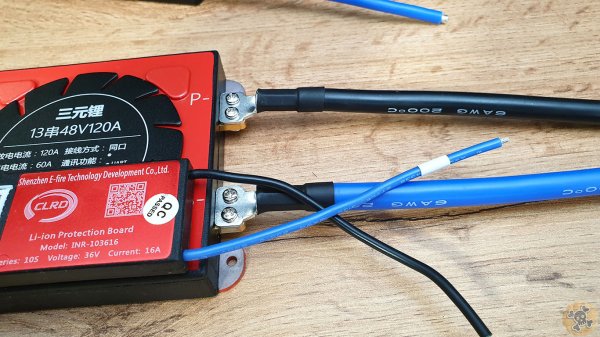
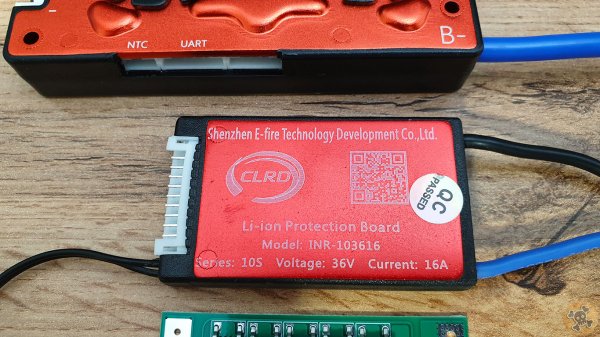
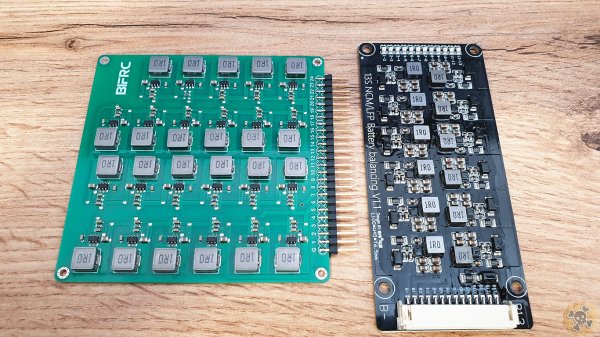
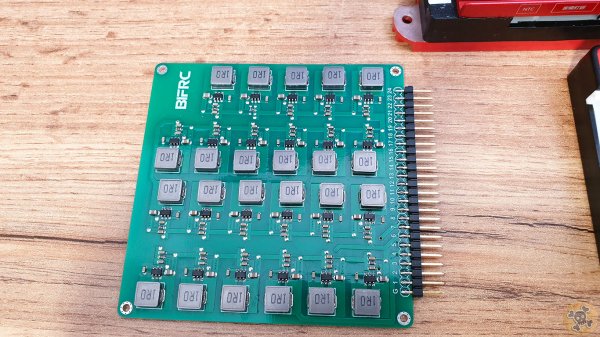
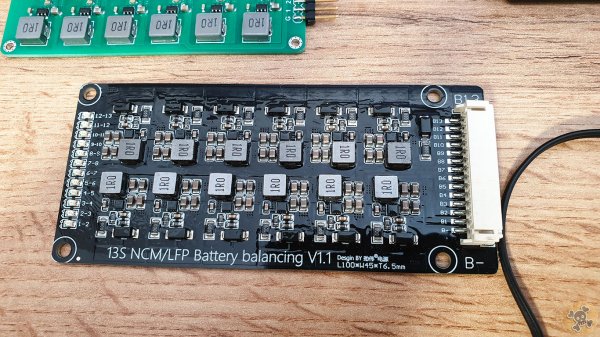
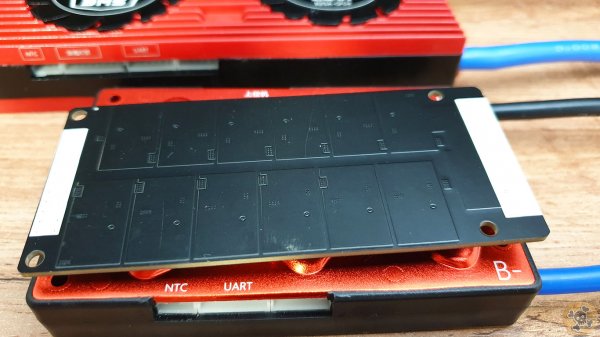
Hey, I need a new BMS for my Laotie ES18P, but can’t find the exact same piece anywhere. Could you tell me which works with my scooter and send me a link ?
There is more than one type of BMS (Daly, Ant etc.). How do we choose which type is best for required useage?